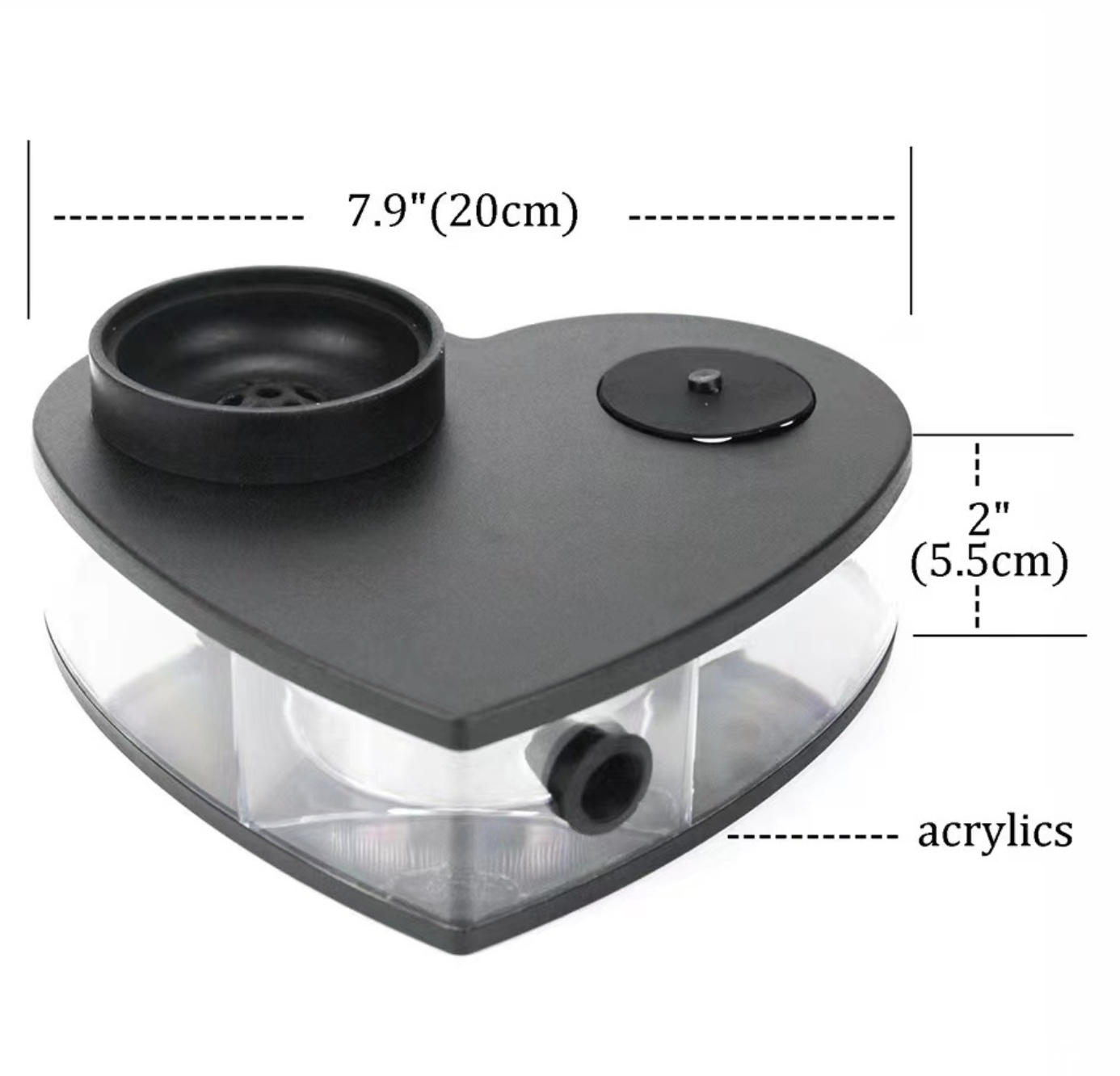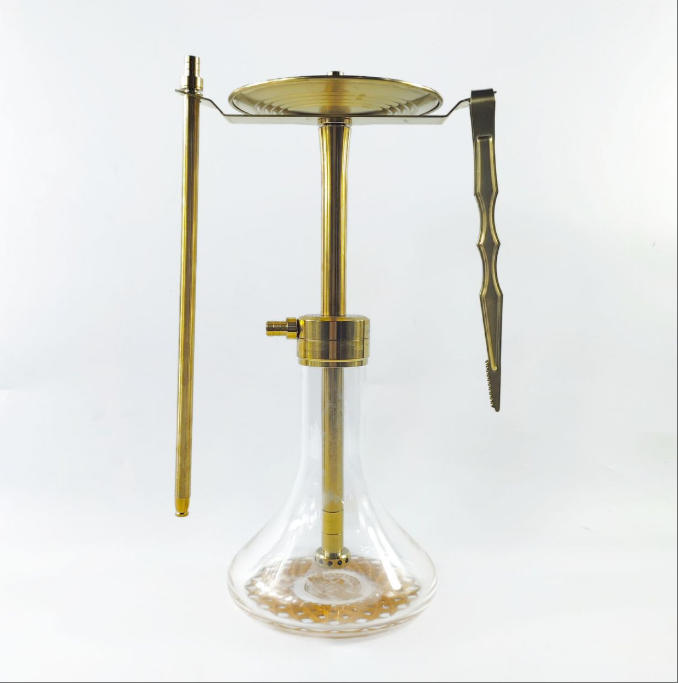are you allowed to smoke hookah on the beach?
Introduction
The question of whether individuals are permitted to smoke hookah on the beach arises frequently among enthusiasts seeking to combine relaxation with social traditions. As a specialist in hookah wholesale with over a decade of experience supplying products to retailers and lounges worldwide, I have observed the growing interest in outdoor hookah sessions. This article examines the legal, health, and practical aspects of this topic, drawing on reliable data and personal insights from interactions with clients in various regions.
Hookah, also known as shisha or waterpipe, involves smoking flavored tobacco through a water-filtered pipe. Its popularity stems from cultural roots in the Middle East and South Asia, now extending globally. However, public spaces like beaches often impose restrictions due to health and environmental concerns. In the following sections, we will explore hookah regulations in detail, providing clarity for informed decisions.
What Is Hookah and Its Appeal for Outdoor Settings
Hookah refers to a device used for smoking specially prepared tobacco, often mixed with flavors such as fruit or mint. The process involves heating charcoal to vaporize the tobacco, with smoke passing through water before inhalation. This method is perceived by some as smoother than traditional cigarettes, contributing to its social appeal.
In outdoor settings like beaches, hookah attracts users for its communal nature. From my experience in the wholesale sector, clients frequently request portable setups for vacations, noting the relaxing ambiance of seaside environments. Data from the Centers for Disease Control and Prevention (CDC) indicates that hookah use has risen among young adults, with approximately 4.1% of U.S. adults reporting past-year use in recent surveys .
However, this appeal must be balanced against regulations. For instance, many seek "hookah near me" options during trips, but beaches present unique challenges. Understanding these dynamics ensures compliance and safety.
Legal Regulations Governing Hookah Use on Beaches
Laws regarding hookah smoking on beaches vary by jurisdiction, often aligning with broader tobacco restrictions. In the United States, many states prohibit smoking in public outdoor areas, including beaches, to protect public health and the environment. For example, California's state law allows hookah in designated lounges but bans it on most public beaches under clean air policies
Internationally, similar variations exist. In Mexico, including popular destinations like Cancun, recent amendments to tobacco laws extend bans to public places, potentially including resort beaches unless in designated zones
From my professional engagements, I recall advising a client in Florida on compliance; local ordinances in Miami Beach explicitly prohibit hookah due to fire risks from charcoal. To check specific rules, consult official sources like the Wikipedia list of smoking bans for global overviews [outbound link: https://en.wikipedia.org/wiki/List_of_smoking_bans]
Violations can result in fines ranging from $50 to $500, depending on the location. This underscores the importance of researching hookah policies before planning.
Health Implications of Smoking Hookah in Public Areas
Smoking hookah poses health risks comparable to cigarette use, exacerbated in outdoor public settings like beaches. The Mayo Clinic reports that hookah smoke contains high levels of carcinogens, tar, and heavy metals, increasing the risk of lung cancer, heart disease, and respiratory issues
A single hookah session can deliver nicotine equivalent to over 100 cigarettes, per CDC data, due to prolonged inhalation
In my expertise, I have recommended nicotine-free alternatives to clients concerned about health, citing studies from UCLA showing elevated heart rates and blood pressure after hookah use https://www.lung.org/quit-smoking/smoking-facts/health-effects/facts-about-hookah]
To mitigate risks, limit sessions and stay hydrated. This knowledge aids in making responsible choices regarding hookah health effects.
Alternatives to Smoking Hookah Directly on the Beach
When direct hookah smoking on the beach is restricted, several alternatives provide similar enjoyment without legal issues. Portable hookah devices, such as the Oduman N2 Travel Hookah, offer compact designs suitable for travel, though they must comply with local bans
Hookah lounges near beaches serve as viable options. In destinations like Miami or Dubai, establishments like those listed on travel sites provide indoor or patio settings. From wholesale experience, I suggest verifying age requirements—typically 21 in the U.S.—and opting for licensed venues
Nicotine-free herbal shisha represents another substitute, reducing health risks while maintaining the ritual. Resources from Hookah Vault detail top portable models [outbound link: https://www.hookahvault.com/blogs/guides/what-is-the-best-portable-travel-hookah]
These options ensure compliance while preserving the social aspect of hookah alternatives.
Practical Tips for Hookah Enthusiasts Near Coastal Locations
For hookah enthusiasts planning coastal visits, preparation is essential. First, research local laws using government websites or apps like Smoke Free, which map tobacco restrictions. In my wholesale role, I have guided clients to tools like portable electric hookah heads for safer, coal-free sessions.
If permitted, use wind covers on bowls to prevent ash dispersal. Opt for coconut charcoal, which burns cleaner and complies with environmental standards. Health-wise, alternate with water breaks to avoid dehydration, as noted in PubMed studies on hookah effects
Locate nearby hookah stores via searches for "hookah shop near me" to stock supplies. For setups, follow these steps: Assemble the pipe securely, add water to the base (one inch above the stem), pack flavored tobacco loosely, and heat coals evenly. Always dispose of waste responsibly to respect beach ecosystems.
Consult the Prevent Cancer Foundation for comparative risks [outbound link: https://preventcancer.org/article/hookah-worse-cigarettes/]
Conclusion
In summary, smoking hookah on the beach is often restricted by laws aimed at public health and environmental protection. Variations exist across locations, necessitating thorough checks. Health risks mirror those of cigarettes, making moderation advisable. Alternatives like portable devices and nearby lounges offer practical solutions.
By adhering to regulations and prioritizing safety, enthusiasts can enjoy hookah responsibly. For further details, explore hookah legal aspects or hookah health implications.






